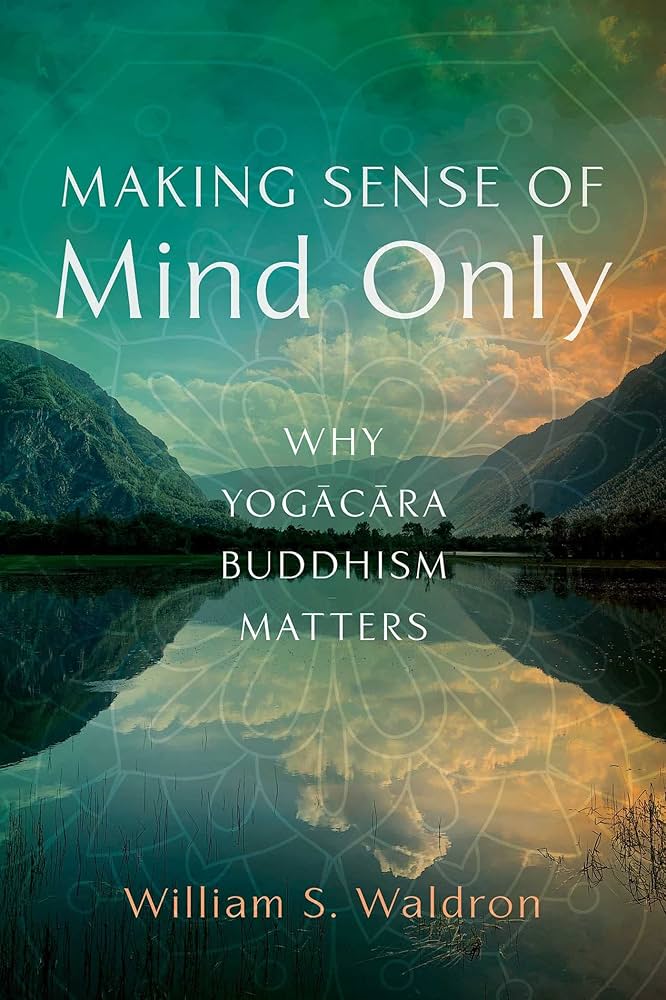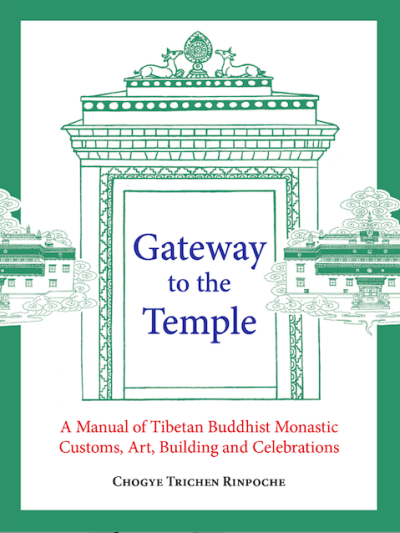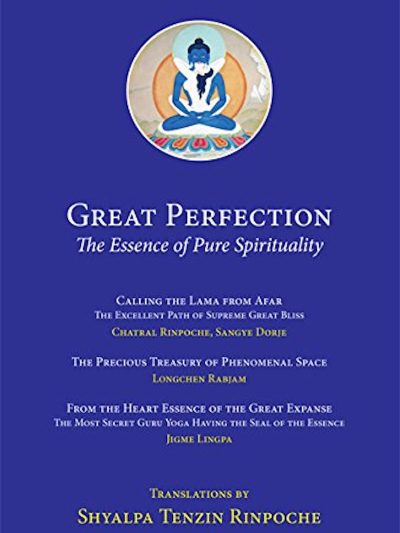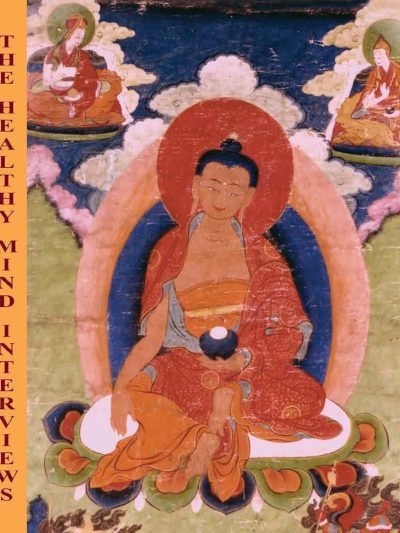Description
This survey of the Yog_c_ra school of Indian Buddhism makes its key texts and ideas accessible and relevant through engaging, contemporary examples. It interprets Yog_c_ra Buddhism as a coherent system of ideas and practices in relation to the path to liberation.
Mah_y_na Buddhism arose in classical India and flourished in China, Tibet, Korea, Vietnam, and Japan. While one of its major Indian schools, the Middle Way (Madhyamaka) focuses on the concept of emptiness?that all phenomena lack their own essence?the Yoga Practitioners school (Yog_c_ra) focuses on the cognitive processes whereby we impute such essences. Through everyday examples and analogues in cognitive science, author William Waldron makes Yog_c_ra?s core teachings?the three turnings of the Dharma-wheel, the three-nature theory, the store-house consciousness, and the idea of mere perception?accessible to a general audience. Countering the common view of Yog_c_ra as a form of idealism, he treats Yog_c_ra Buddhism as a coherent system of ideas and practices on its own terms, with dependent arising its guiding principle. He first examines early Buddhist texts that show how our affective and cognitive processes shape the way objects and worlds appear to us, and how we erroneously grasp onto them as essentially real?perpetuating the engrained habits that bind us to sa_s_ra. After analyzing the early Madhyamaka critique of essences, he then examines how Yog_c_ra texts, such as the Sa_dhinirmocana S_tra and Stages of Yogic Practice, build upon these earlier ideas to argue that our constructive processes also occur unconsciously. Not only are we collectively, yet mostly unknowingly, constructing our shared realities?our cultural worlds?they are also mediated through the store-house consciousness (_laya-vij?_na)?functioning as a kind of ?cultural unconscious.? Next, Vasubandhu?s Twenty Verses argues that we can learn to recognize such objects and worlds as ?mere perceptions? (vij?_pti-m_tra) and thereby abandon our enchantment with the products of our own cognitive processes. The author walks us through the Mah_y_na path to this transformation as gracefully laid out in Maitreya?s Distinguishing Phenomena from their Ultimate Nature. Finally, he considers how Yog_c_ra perspectives inspire us to rethink religion in our scientific and pluralistic age.





